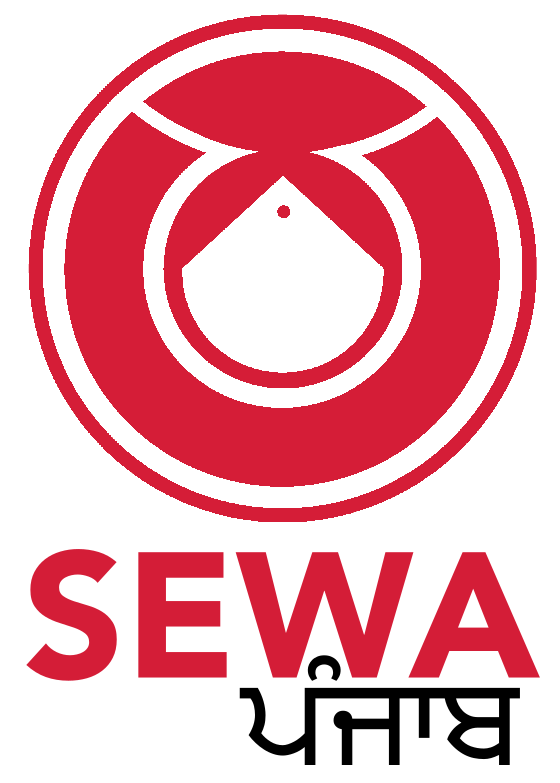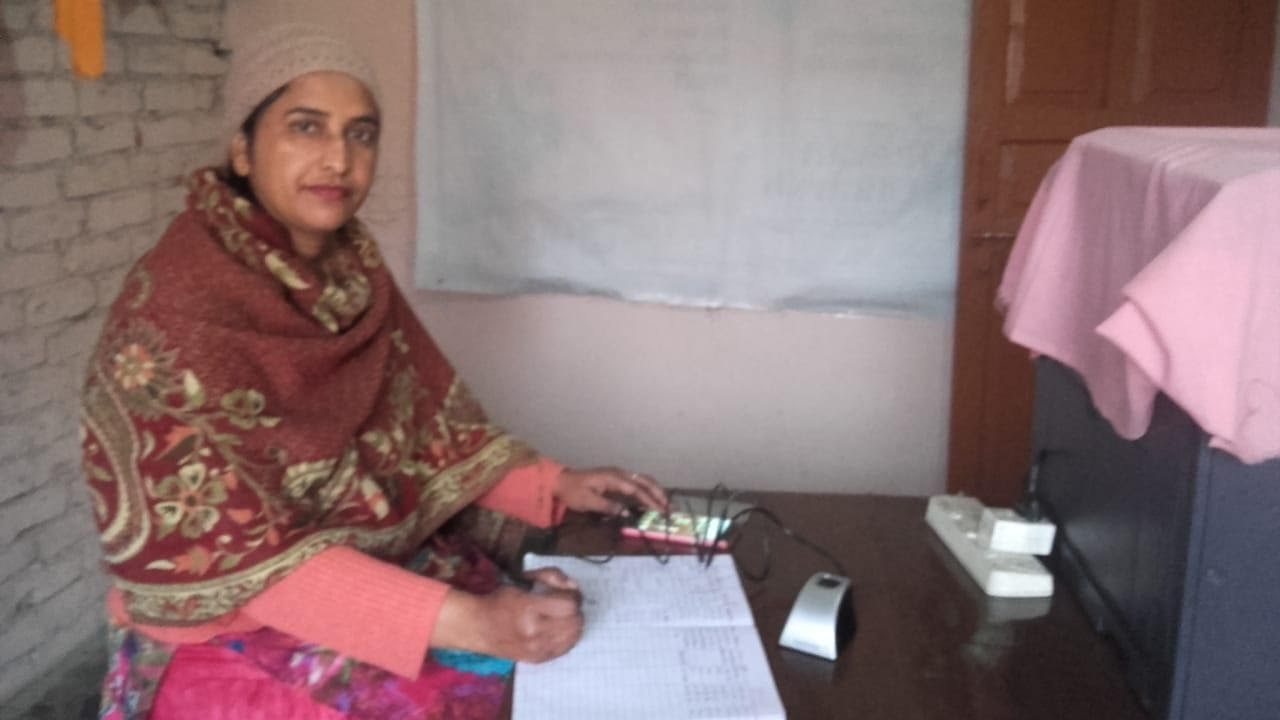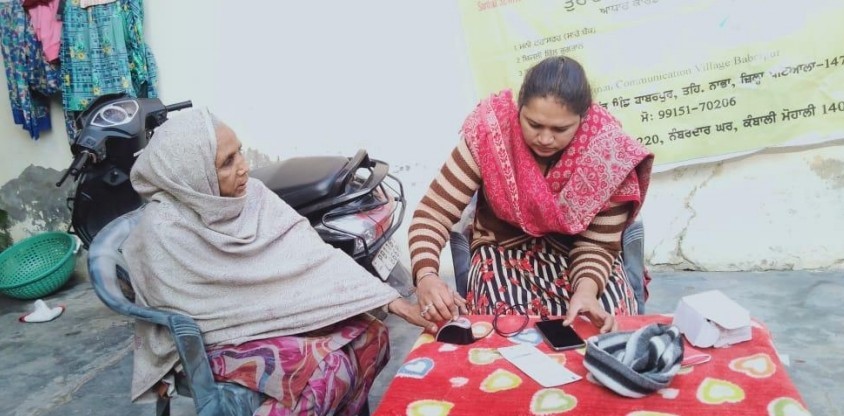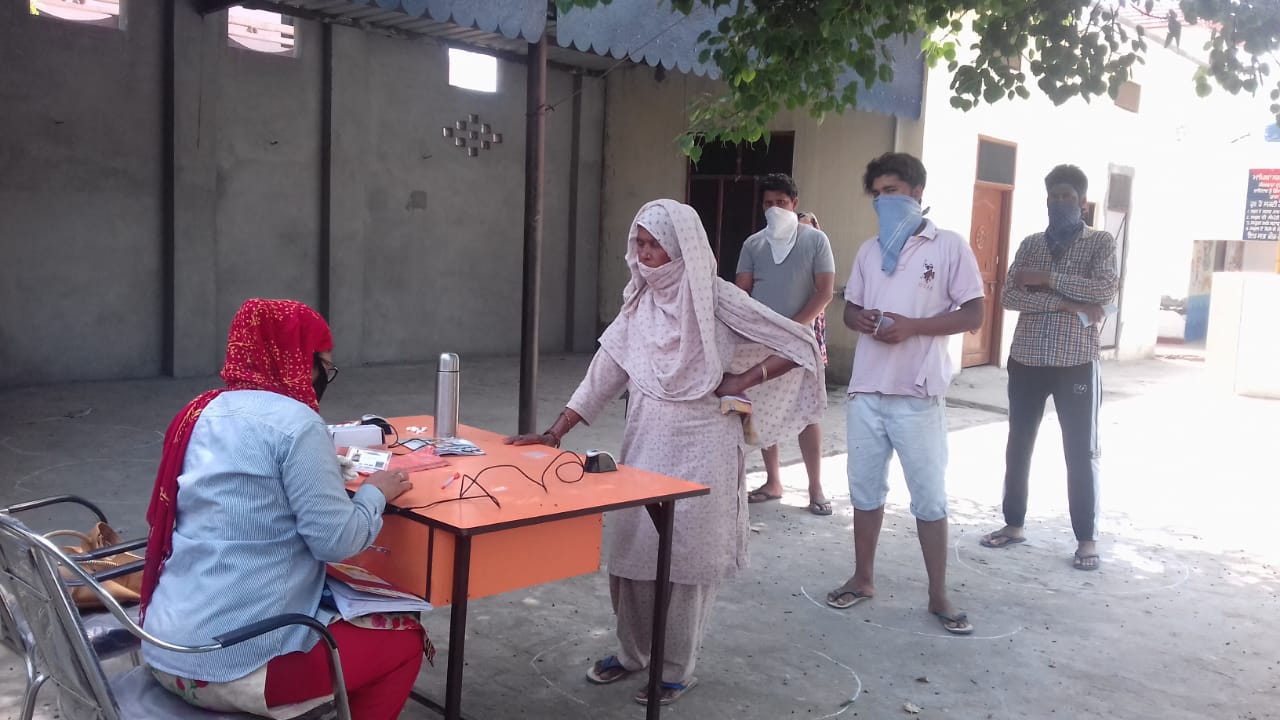Women workers in the informal sector are unable to come out of economic deprivation due to the lack of access to proper financial services and economic opportunities. SEWA Punjab works towards self-reliance of women as independent financial actors by providing them with access to these resources.
Financial Inclusion
Financial Inclusion
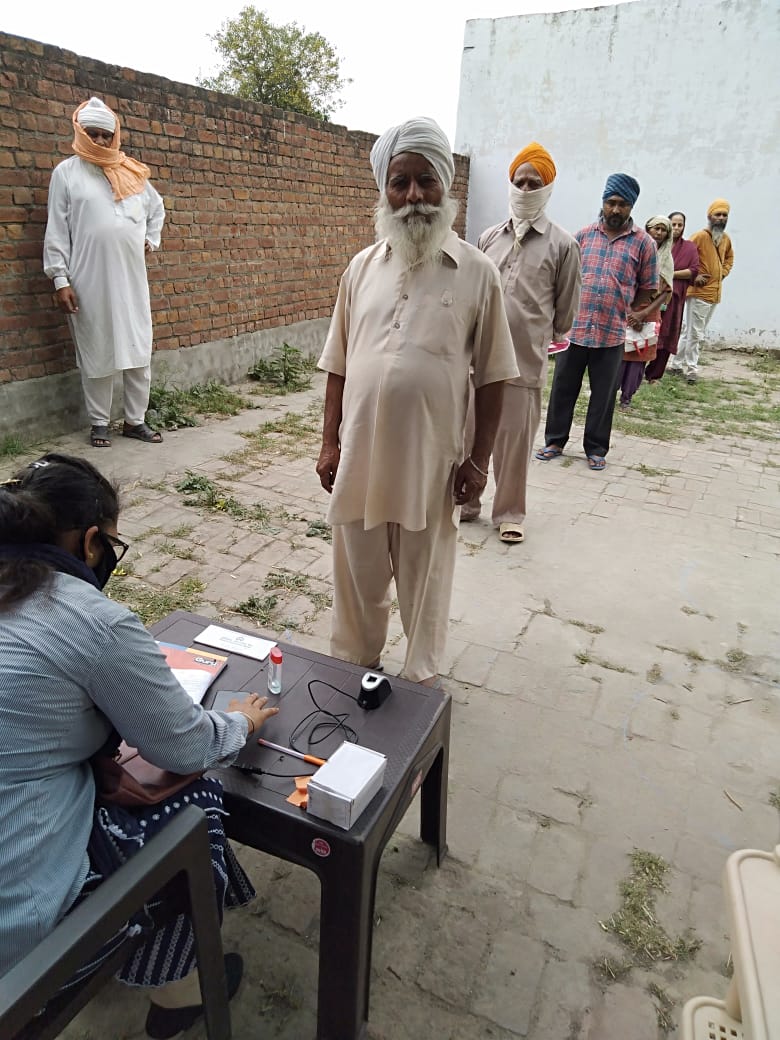
- Business Correspondence Program
Several rural and remote areas of Punjab do not have proper banking facilities, which disempowers communities especially informal women workers. SEWA Punjab’s Business Correspondence program aims to address this by training women from the community as business correspondent agents, known as SEWA Bank Saathis. They are made responsible to deliver financial services to needy women and their families at an affordable cost. Once they are trained, they conduct outreach activities through mohalla meetings to explain to the community about the services that are available to them at their doorstep. Training is provided on facilitating financial assistance like delivery of pension and other benefits with the help of a biometric device.
Through the program, SEWA Punjab aims to-
- Facilitate real-time access to formal financial services to unbanked areas
- Encourage livelihood opportunities for SEWA Bank Saathis and build their capacity through training.
- Encourage the use of technology for opening bank accounts and for linking people to other banking services
- Provide poor women with financial literacy training and connect them to government financial inclusion schemes.
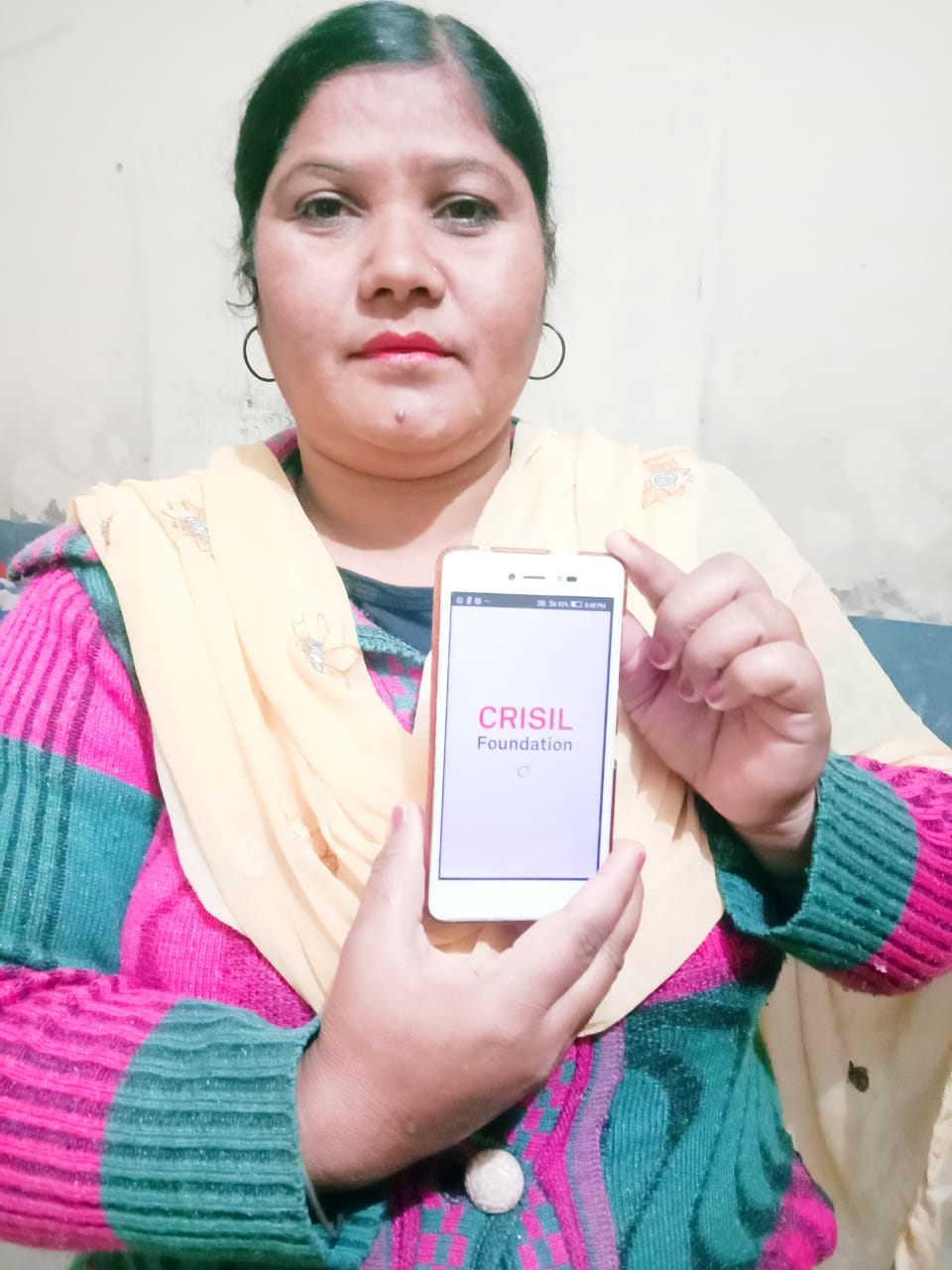
- CRISIL Training
SEWA Bank Saathis receive the Crisil Foundation launched Gram Shakti Certification Program, designed to create a trained community cadre that can drive financial literacy and inclusion at the village level. This module-based training is given to SEWA Shakti Kendra coordinators and SEWA Punjab’s Area-in-Charges to empower them and build their capacities and financial awareness on banking services that are available on their phones, to help them assist their communities in accessing the same.
